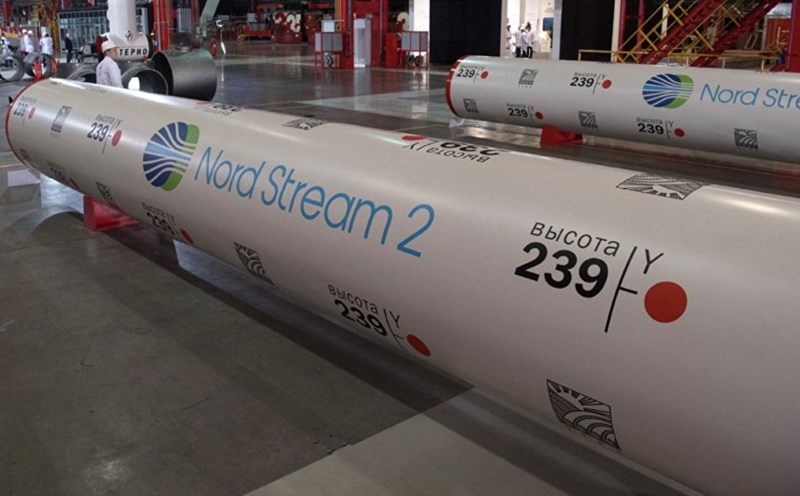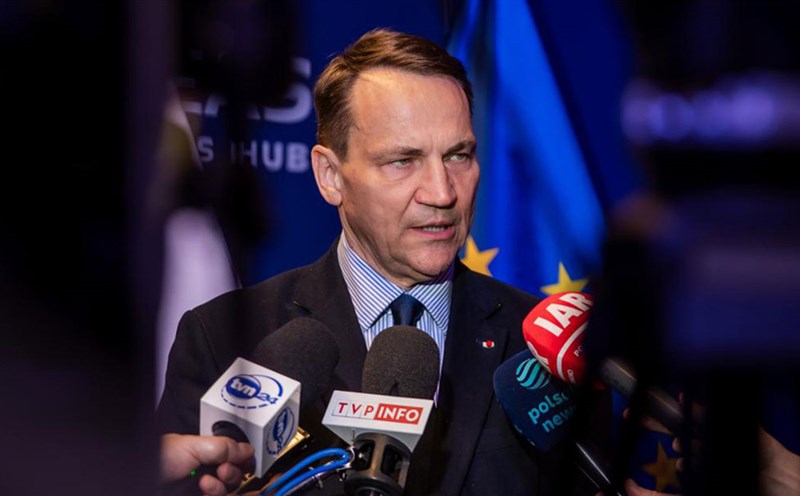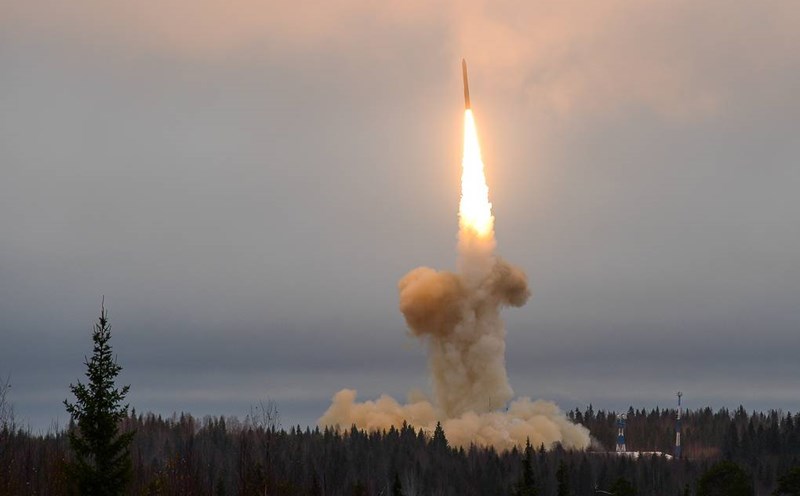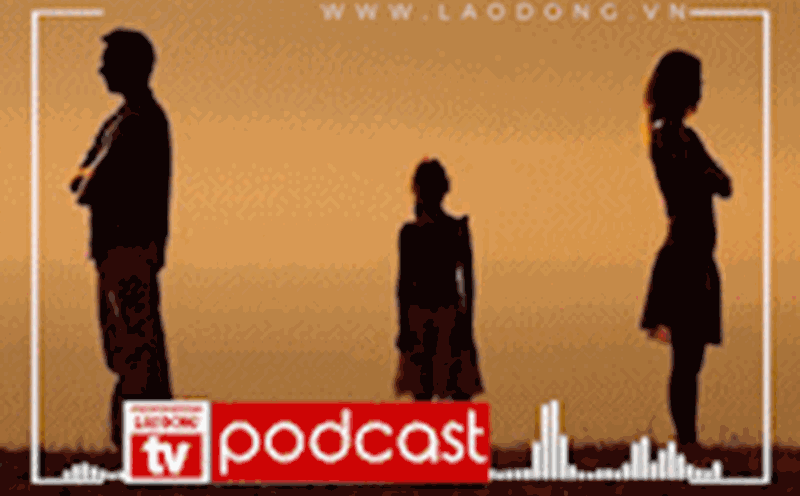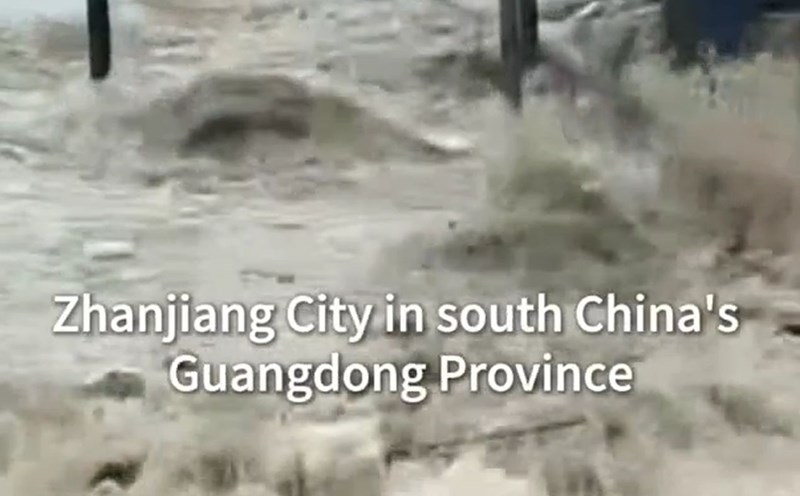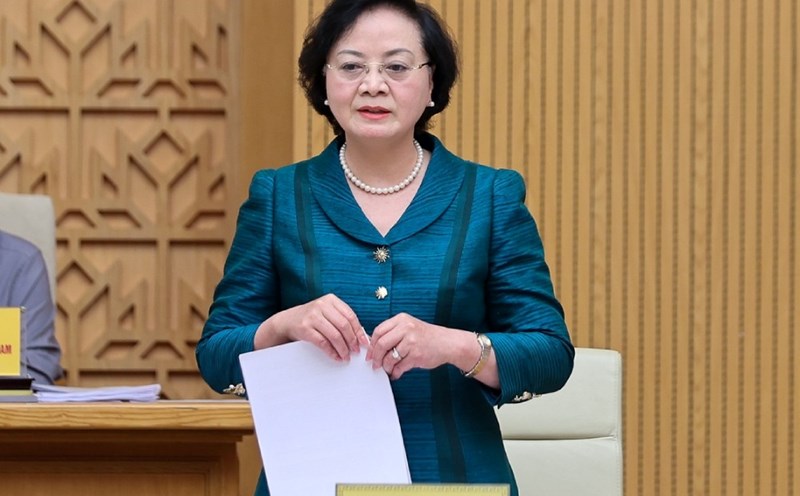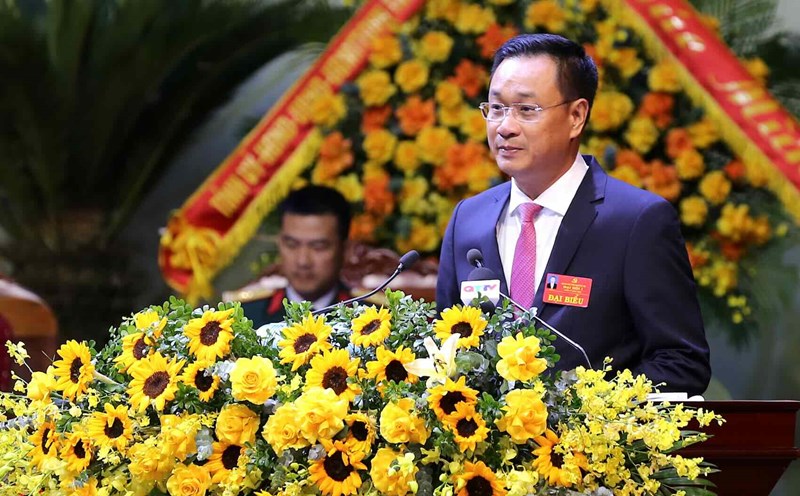As Europe continues to struggle with the prolonged migration crisis, the Warsaw government has just issued an order to deploy more soldiers to the western and northern borders, and extended border control with Germany and Lithuania until 2026 - a controversial move in the European Union that values freedom of movement.
According to the decree issued by President Karol Nawrocki on October 4, Poland will deploy military forces to the border with Germany and Lithuania starting from October 5, 2025 and until April 4, 2026. The goal was declared to be to "strengthen border supervision and security in the context of increased illegal migration".
Defense Minister Wladyslaw Kosiniak- Kamysz said that since July, Poland has deployed 700 soldiers to the western border area and plans to increase the total to 5,000 to support the border force.
At the same time, the Polish Ministry of Home Affairs confirmed the extension of temporary control at the German-linguan border to April 2026, rather than completely opening it as prescribed by the European Union.
We are extending border control to monitor the migration route running from Baltic countries through Poland to Western Europe, said Home Secretary Marcin Kierwinski.
According to statistics from the Polish Border Agency, since the beginning of 2025, nearly 25,000 cases of illegal border crossings have been detected at the border with Belarus - the hottest route in recent years. 500 foreigners and 60 human trafficking suspects were arrested while trying to enter Poland via Lithuania.
Both Poland, Germany and Lithuania are members of the European Union (EU) and the European Union ( Schengen Area) - where citizens can travel freely without border control. However, since the end of 2023, Germany has taken advantage of an emergency clause allowing temporary restoration of border inspection due to concerns about the influx of immigrants. Warsaw has repeatedly accused German police of " Returning" thousands of migrants to Poland, raising tensions between the two countries.
Since 2015, Europe has faced a wave of refugees from the Middle East and Africa, and recently migrants from Ukraine after the conflict. Poland - which is located on the main east-west transit route - has become a new "bottleneck" in the rapidly returning migration crisis.
Warsaw has also repeatedly accused Belarus of arming migration by allowing Middle Eastern immigrants to cross the border into the EU under Russian direction. Minsk and Moscow have completely denied the allegations.

